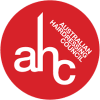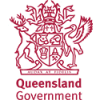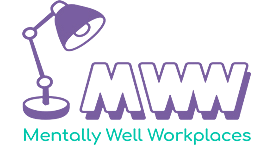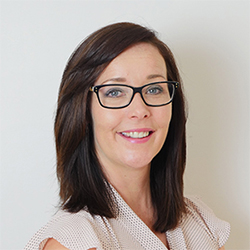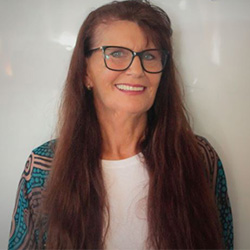Has your workplace completed a MHFA online course? Do you prioritise mental health first aid? We all know that first aid training saves lives, one of the many reasons why physical first aid is included in almost every organisation’s health and wellbeing strategy. Organisations often appear less willing, however, to train their staff in Mental Health First Aid — despite the fact that this training also saves lives.
This reluctance cannot be because mental health isn’t a concern in Australia, nor because the link between poor mental health and work is unclear. All evidence suggests otherwise. About 45% of Australians will experience a mental health condition at some point in their lifetime, and around 1 in 5 working Australians have had time off work in the past 12 months because they felt stressed, anxious, depressed, or mentally unhealthy.
Mental illnesses result in more lost workdays and higher compensation claims than physical health issues. In fact, 91% of Australian workers’ mental health-related compensation claims are associated with workplace stress. Along with work-related stress, anxiety and depression are some of the most common mental health conditions that employees experience as a result of their work.
Considering these statistics, it’s clear that the organisations and employers who ignore the mental health of their employees are making a grave mistake. With the advent of so many accessible and affordable courses, there is really no excuse not to offer your workforce first-aid training for mental health. MHFA online courses, in particular, are a proven way to help employees understand, manage and address mental illness. The health of the whole organisation will benefit.
What are MHFA online courses?
MHFA online courses offer a time-efficient form of mental health training and greater flexibility, so more staff can be trained in mental health first aid. Access to a computer, tablet or mobile device is all that employees need to complete a MHFA online course, and remote staff can complete their training from any location — and at their own pace.
All MHFA online courses follow the ALGEE Action Plan:

The ALGEE action plan is a step-by-step guide to help you provide support to colleagues who may be experiencing a mental health illness. A global study into the impacts of Mental Health First Aid, including MHFA online courses, found that this training:
– improves mental health first aid knowledge
– improves recognition of disorders
– improves beliefs about the most effective forms of treatment
– reduces stigma
– increases confidence in assisting someone with a mental health issue
The same study also revealed that employees in organisations with mental health first aiders believed that these trained first aiders increased support for mental health conditions in the workplace, encouraged help-seeking, and improved knowledge, attitudes and skills. Participants in the study also noted that the addition of mental health first aiders improved workplace culture.
Importantly, participants believed that mental health first aid training, whether through an in-person workshop or a MHFA online course, should be offered to all staff in an organisation.
If this wasn’t enough, here are three reasons why every employer should sponsor MHFA online courses for the workplace:
Changing perceptions
Mental health misinformation and stigma can be dangerous, not least because they can exacerbate mental health conditions and prevent a person from seeking help. Comprehensive mental health education is what challenges misinformation and stigma.
A key element of MHFA online courses is education: education regarding different mental illnesses, how to recognise them, how to treat them and what first aid strategies are most appropriate in the workplace. MHFA online courses provide the knowledge and skills needed to dismantle stigma in the workplace, helping people understand the nuances of mental health and improving attitudes towards help-seeking.
MHFA online courses also help to change perceptions of mental illnesses by ensuring all employees recognise how certain workplace factors may have a negative impact on their own mental health, and the mental health of others. A greater perception of these factors — which may be anything from office gossip through to emotionally draining tasks and high work demands — means it is easier to identify what changes need to be implemented in the workplace.
Changing interactions
An Allianz Future Thriving Workplaces report found that the majority of workers do want increased dialogue around mental wellbeing. Yet, knowing the best way to respond to an employee who comes to you about their mental wellbeing can be challenging, especially if you’re not trained in mental health. You want your employee or colleague to feel supported and validated, but you don’t want to say the wrong thing. Creating a workplace where we can start talking openly about mental health begins with conversation, and a MHFA online course can help initiate this dialogue.
A MHFA online course gives employers and employees the confidence to listen and respond to someone with a mental health condition, even in a time of crisis. MHFA online courses can equip staff with the skills to have conversations about self-harm, trauma or substance abuse and, importantly, teaches them how to support their colleagues in seeking professional assistance.
Changing culture
Workplace culture is a significant barrier to improving employee wellbeing and engagement. For many people, work may not only exacerbate existing mental health conditions, but may also see the onset of a mental health condition. That’s why mental health training needs to do more than address coping mechanisms — it needs to encourage cultural change at every level. MHFA online courses promote the education and conversations necessary to create a culture of care. Having a number of Mental Health First Aiders in a workplace not only demonstrates that mental health is taken seriously, but also assures employees that immediate support is available should they need it.
With one in five working Australians likely to experience a mental health condition, it’s time for organisations to consider how they can begin to, or continue to, support the mental and emotional wellbeing of their staff. MHFA online courses, thanks to their proven effectiveness, flexibility, and accessibility, offer an ideal starting point.
